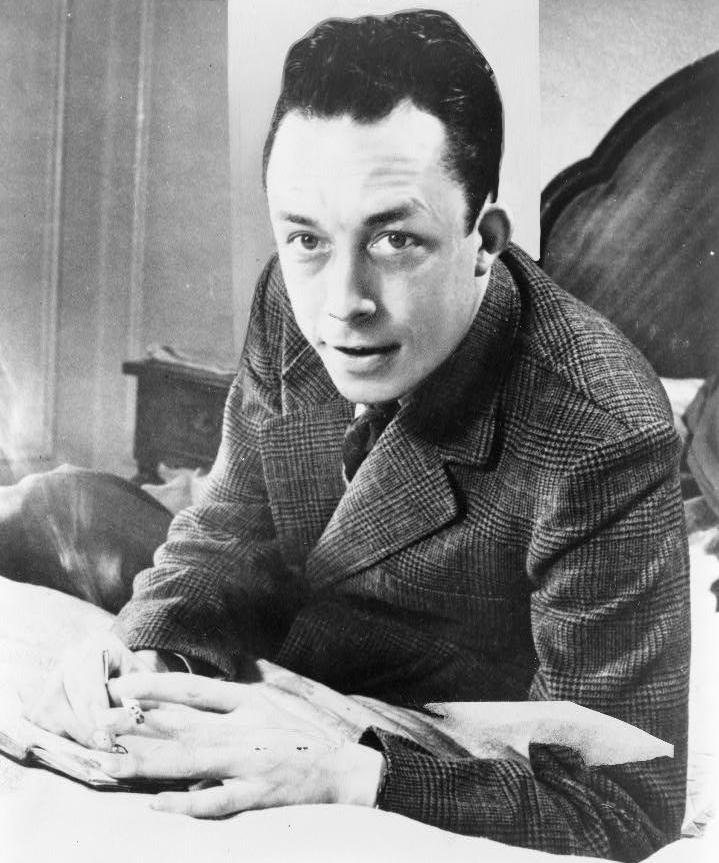On this date in 1913, Nobel Prize-winning writer Albert Camus was born in Mondovi, Algeria, to immigrant parents: a French father and a Spanish mother. After his father died during World War I in 1914, his family was left in extreme poverty. He excelled in athletics and academics and entered the University of Algiers to study, although a serious bout of tuberculosis cut short his studies. He joined the anti-fascist movement in 1934 but was soon expelled from the Algerian Communist Party as a “Trotskyist.”
Camus wrote for a socialist paper in the late 1930s, chronicling the plight of the poor. In 1940 he went to Paris, fled after the German invasion, returned to Algeria, was advised to leave and at age 25 found himself back in Paris. Camus joined the Resistance and after liberation was a columnist for the newspaper Combat.
His major writings include the essay “The Myth of Sisyphus” 1942, L’Etranger (The Stranger) 1942, La Peste (The Plague) 1947, which includes a priest character who insists a plague was sent as punishment from God, La Chute (The Fall) 1956 and L’Exile et le Royaume (Exile and the Kingdom) 1957, the year he won the Nobel Prize in Literature.
Camus was a pioneer of absurdist philosophy and literature and became a nonbeliever after being raised Catholic. He married Simone Hié in 1934. Soon after they divorced in 1940, he married pianist and mathematician Francine Faure, who gave birth to twins Catherine and Jean in 1945. Camus died at age 46 in an auto accident. (D. 1960)


